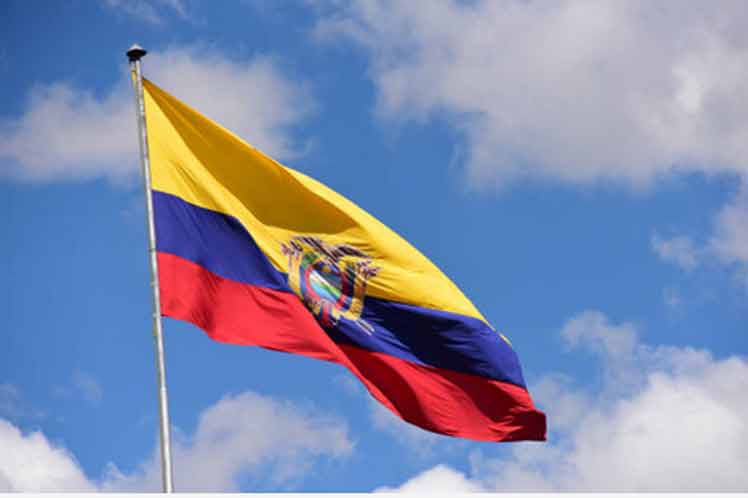The current stage comes after an electoral campaign carried out since March 16 until Thursday at 23:59 hours(local time) by the two rival presidential tickets: Andres Arauz-Carlos Rabascall (Union por la Esperanza progressive coalition) and Guillermo Lasso-Alfredo Borrero (Creo-Partido Social Cristiano center-right alliance).
Both presidential tickets had 24 days to stage rallies and hold vote-catching meetings, in order to ratify the support received in the first round of elections on February 7 and attract the vote of undecided people and those who would vote for one of the other 14 candidates who ran for the election.
In compliance with the Democracy Code, the electoral silence will be in force until 17:00 hours on Sunday, when the polls will close.
According to this code, disclosing any information provided by public institutions, as well as electoral publicity, opinions or images in any kind of media that induce voters to a position or preference is forbidden during this period.
Holding rallies, demonstrations or any other electoral events is also banned.
According to authorities from the National Electoral Council (CNE), from this day until the elections, voters will have time to determine, on their own, their inclination for one candidate or another.
The penalty for not complying with that legal provision includes the suspension of advertising in the media, as well as a fine from 10,000 to 102,000 dollars and even the suspension of the media outlet for up to six months, if it is a repeat offender.
jg/aph/mem/scm










